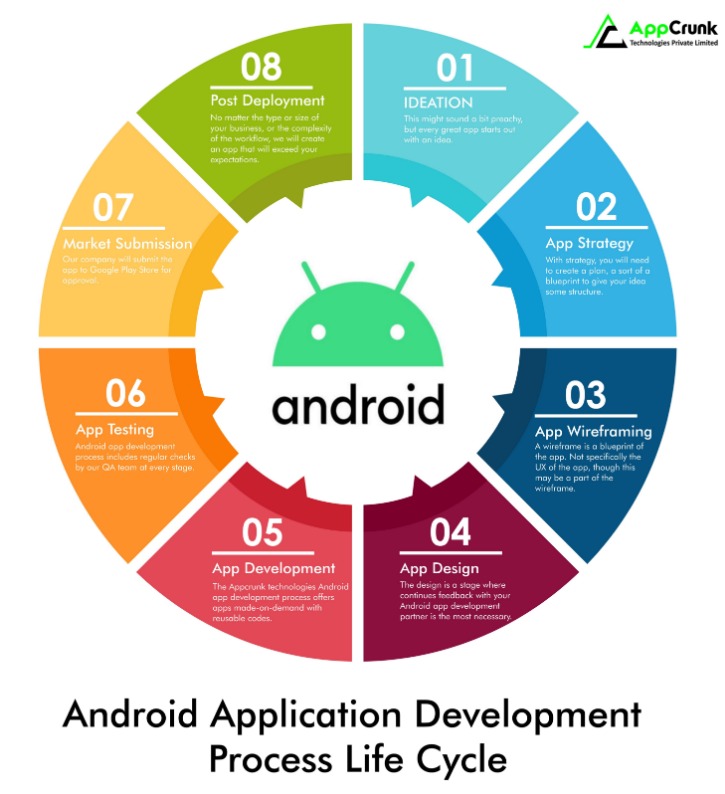The realm of Mobile App Development has rapidly evolved, standing at the forefront of technological innovation. It transcends beyond just creating apps; it’s about enhancing user experience, fostering greater connectivity, and driving global digital transformations.
The Essentials of Mobile App Development
Understanding the core of Mobile App Development begins with recognizing its critical components:
1. Idea and Conceptualization
Every mobile application begins with a unique idea. Conceptualization involves thorough market research to identify user needs and competition. This stage forms the foundation for crafting an app that not only meets industry standards but also resonates with the target audience.
2. Design and User Interface (UI)
The design phase is integral to Mobile App Development. A captivating and intuitive User Interface hooks users by providing a seamless experience. Elements of design include layout structuring, color schemes, and interactive buttons, all devised to make navigation effortless.
3. Development and Programming
The heart of Mobile App Development lies in coding. Knowledge in various programming languages and frameworks, such as Java for Android apps or Swift for iOS apps, is pivotal. This phase ranges from front-end development, impacting what users see, to back-end development, which involves server-side management and database configuration.
4. Testing and Debugging
To ensure flawless performance, rigorous testing is conducted. This involves identifying and fixing bugs, performance testing, and ensuring the app works across various devices and operating systems. Effective testing guarantees an optimal user experience and minimizes post-launch issues.
5. Deployment and Maintenance
Once the app passes testing, it’s ready for deployment on platforms like Google Play Store or Apple App Store. Post-deployment, continuous maintenance is crucial to fix any emerging bugs, update features, and ensure security.
Trends in Mobile App Development
The landscape of Mobile App Development is continually shifting, driven by emerging trends and user demands:
1. Integration of Artificial Intelligence (AI)
AI enhances the functionality and user experience by providing personalized suggestions, automated responses, and advanced data analysis. AI-driven apps are becoming increasingly prevalent across various industries.
Read more about Android App Development here.
2. Augmented Reality (AR) and Virtual Reality (VR)
AR and VR technologies offer immersive experiences. From gaming and entertainment to shopping and education, these technologies are revolutionizing how users interact with mobile applications.
3. Internet of Things (IoT)
IoT integration allows mobile apps to connect with various smart devices, promoting a more connected and automated living environment. Innovations in IoT are expanding the boundaries of mobile app functionality.
4. 5G Technology
The advent of 5G technology promises faster data speeds and more reliable connections, enabling developers to incorporate more complex and resource-intensive features into their apps.
The Importance of User Feedback
User feedback is invaluable in Mobile App Development. It provides insights into user preferences and pain points, guiding developers in refining and enhancing the app. Regular updates, informed by feedback, are essential to keep the app relevant and competitive.
In conclusion, Mobile App Development is a dynamic and multifaceted process that significantly influences our digital lives. Staying abreast of trends and technologies, along with a keen focus on user experience, ensures that mobile apps remain innovative and indispensable tools in today’s digital ecosystem.



